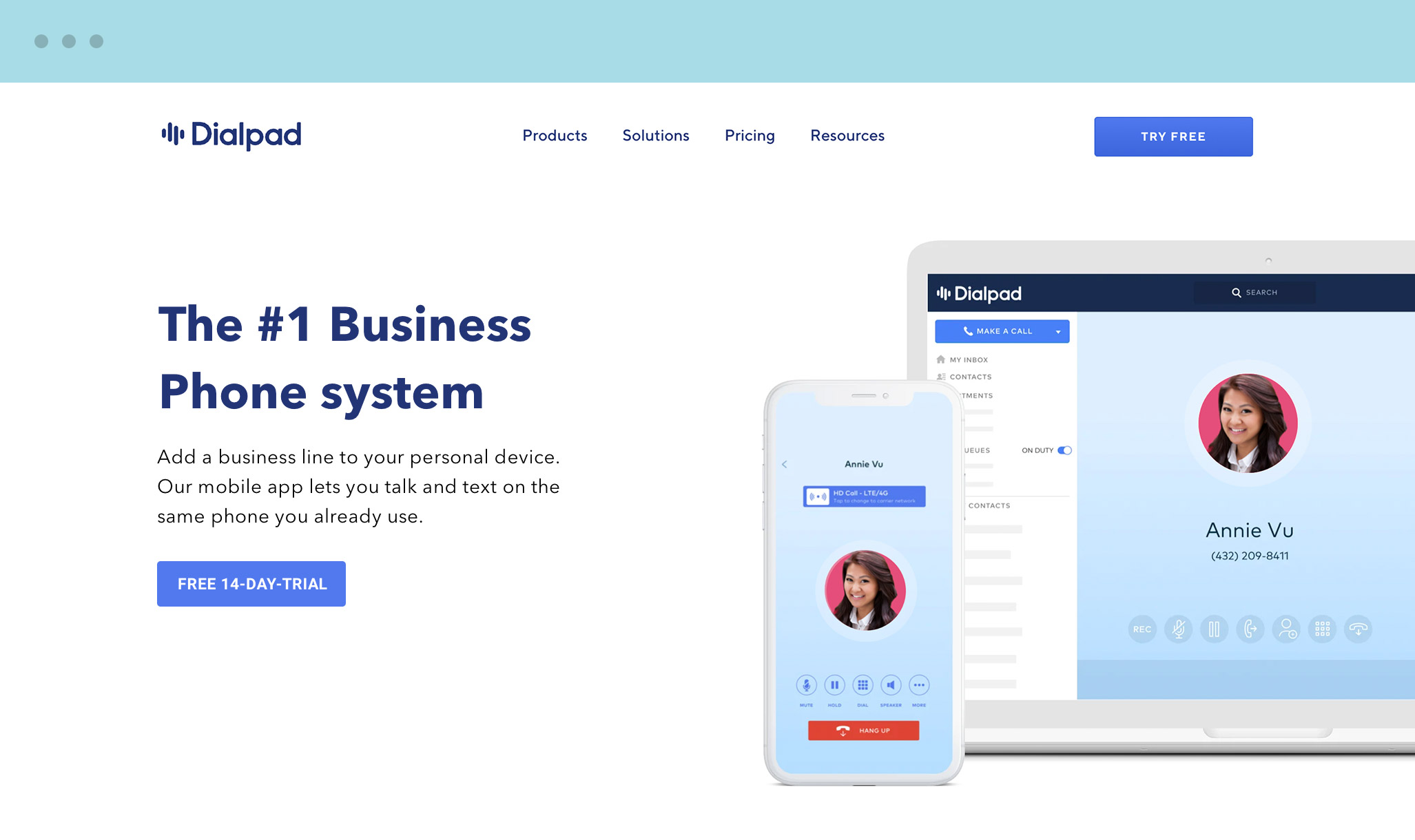Advertising, particularly online advertising, isn’t a surefire way to bolster business. A report from ecommerce analytics platform Glew drives the point home: In 2015, 75% of retailers that spent at least $5,000 on Facebook ads ended up losing money on those ads, with the average return on investment landing around -66.7%. Obviously, that’s just one segment — retail. But the picture doesn’t brighten even after broadening out to all categories of advertising. A 2018 survey of marketers by Rakuten Marketing found that companies waste an estimated 26% of their budgets on inefficient ad channels and strategies.
Jaleh Rezaei, the CEO of Mutiny, believes that the problem doesn’t lie with the ads themselves. Rather, she pegs it on static, templated websites that don’t match the personalization delivered by ads. When buyers follow on an ad online, they often land on a generic website without a targeted call to action, and soon leave not understanding why they should buy.
“I faced the ‘conversion problem’ firsthand when I ran marketing at Gusto,” Rezaei told TechCrunch via email. “We were successfully driving top-of-funnel growth through ads and other channels, but it wasn’t converting into revenue. We solved this problem by creating a growth engineering team that wrote a lot of custom code to drive customers to buy — from optimizing our website and signup form to driving upsell and referrals in-app. But most companies don’t have the engineers or know-how to do all that.”
That, Rezaei says, is why she cofounded Mutiny, which today announced that it raised $50 million in a Series B round co-led by Tiger Global and Insight Partners at a $600 million valuation. Mutiny’s platform is designed to plug into a company’s data and website, using AI to serve thousands of versions of the site to different users.
“Growing revenue is the number one priority of every CEO and C-level executive. Over the past decade, companies like Google, Facebook and LinkedIn, along with an ecosystem of adtech and SEO tooling, have made it easy for companies to get in front of their target buyers online,” Rezaei continued. “However, now that spending money online has become table stakes, the puck has shifted to focusing on reducing marketing waste and turning those dollars into revenue.”
AI-powered website engine
Prior to cofounding San Francisco-based, Y Combinator-backed Mutiny, Rezaei was the director of product marketing at VMware. She went onto join the marketing team at Gusto, a payroll management platform, before serving in advisory roles at Y Combinator and Google.
Mutiny’s other cofounder, Nikhil Matthew, helped to launch LiveGit, an online tool for real-time music collaboration. He then went on to become a head software engineer at Gusto, where he managed and lead the developer infrastructure team. (Rezaei and Matthew worked together while at Gusto.)

An example of website copy generated by Mutiny.
The idea behind Mutiny was to develop an AI system that can learn from a company’s online data to provide guidance on underperforming customer segments, Rezaei says. Specifically, Mutiny recommends segments for personalization and shows companies how others personalized for that segment. It might suggest to an enterprise company, for example, that small startups don’t convert well on their website, and then show them how rivals personalized their homepages.
In marketing parlance, “convert” refers to a visitor completing a desired goal, whether that’s purchasing a product or simply volunteering their contact information.
“Today, companies can use a longtail of manually-intensive alternatives such as connecting data to A/B testing tools, creating hundreds of landing pages, or hiring growth engineers and data scientists to manually connect and analyze data, ideate and custom build solutions for different customer segments, and measure and iterate in-house,” Rezaei said. “There are also point solutions that help companies with various aspects of personalization, but they either don’t use AI or they’re a managed service that the customer cannot leverage self-serve … We are creating a new category that makes it … easy for any marketer to create personalized experiences and increase conversion.”
Mutiny — whose AI also learns from different customers’ site data — can generate copy for a website based on what has worked for another, adjacent brand’s audience. (Rezaei claims that the data is “fully anonymized,” “never shared nor sold,” and compliant with relevant privacy laws.) Via AI startup OpenAI’s API, Mutiny taps GPT-3, an AI system that can generate convincingly human-sounding text. While Mutiny initially applied GPT-3 only to site headline suggestions, the company eventually began applying the model to whole-page generation, leveraging Mutiny’s customer data to tune GPT-3 for the purpose.
“Our AI is learning from a proprietary data set of hundreds of standardized, anonymized buyer attributes and the content that leads them to convert. We layer this on top of … text data from GPT-3 to generate high-converting website copy … [Copy is generated for] segments based on user-selected value props like ‘security’ and ‘ease of use’” Rezaei explained. “We also train reinforcement learning algorithms with 150 million data points to predict what content resonates best with each individual buyer.”
The path to growth
Mutiny competes with several rivals in the AI-powered website personalization space, including Intellimize and Constructor. But the company has impressive momentum behind it. Mutiny’s customers include Dropbox, Snowflake, Qualtrics, and Carta, and Rezaei claims that roughly 50 million people across more than 3 million companies have seen a website personalized by the platform’s AI engine. Revenue is on track to quadruple in fiscal quarter 2022.
Rezaei believes that the skills gap in marketing will be one driver of future growth. That remains to be seen — a 2021 Clevertouch Marketing survey found that 72% of companies view marketing talent as more essential than technology. But Rezaei makes the case that few companies, particularly in the startup space, have a competency around converting spend into revenue.
“The pandemic has forced most commerce and purchasing online for every type of companies. This is compounded by the funding market where companies are raising mega-rounds, the majority of which is earmarked for rapid growth,” Rezaei said. “As a result, we are seeing online customer acquisition become a board-level concern even for business-to-business companies with large sales teams. Most companies can hire the talent and access the technology needed to advertise, distribute content and raise awareness online … [But] companies [don’t] have command of efficient online spend.”

Another webpage generated by Mutiny’s AI engine.
Another burden on Mutiny will be convincing potential customers that its platform can overcome the common limitations of personalization engines. As Paul Roetzer writes for Marketing AI Institute, AI without rich data sets can quickly fall short of accuracy benchmarks — especially when executives have unrealistic expectations.
“We have invested heavily in our AI engine since our Series A,” Rezaei said. “The result is a fully guided experience for marketers to drive revenue faster based on what’s working for their different buyer segments.”
Sequoia Capital, Cowboy Ventures, and Uncork Capital also invested in Mutiny’s Series B, joined by executives from Uber, Visa, Salesforce, Square, Figma, Condé Nast, Carta, Snowflake, and Atlassian. The company, whose total capital raised stands at $72 million, plans to more than double the size of its 40-person team by 2023 while “invest[ing] heavily” in its AI technology.
